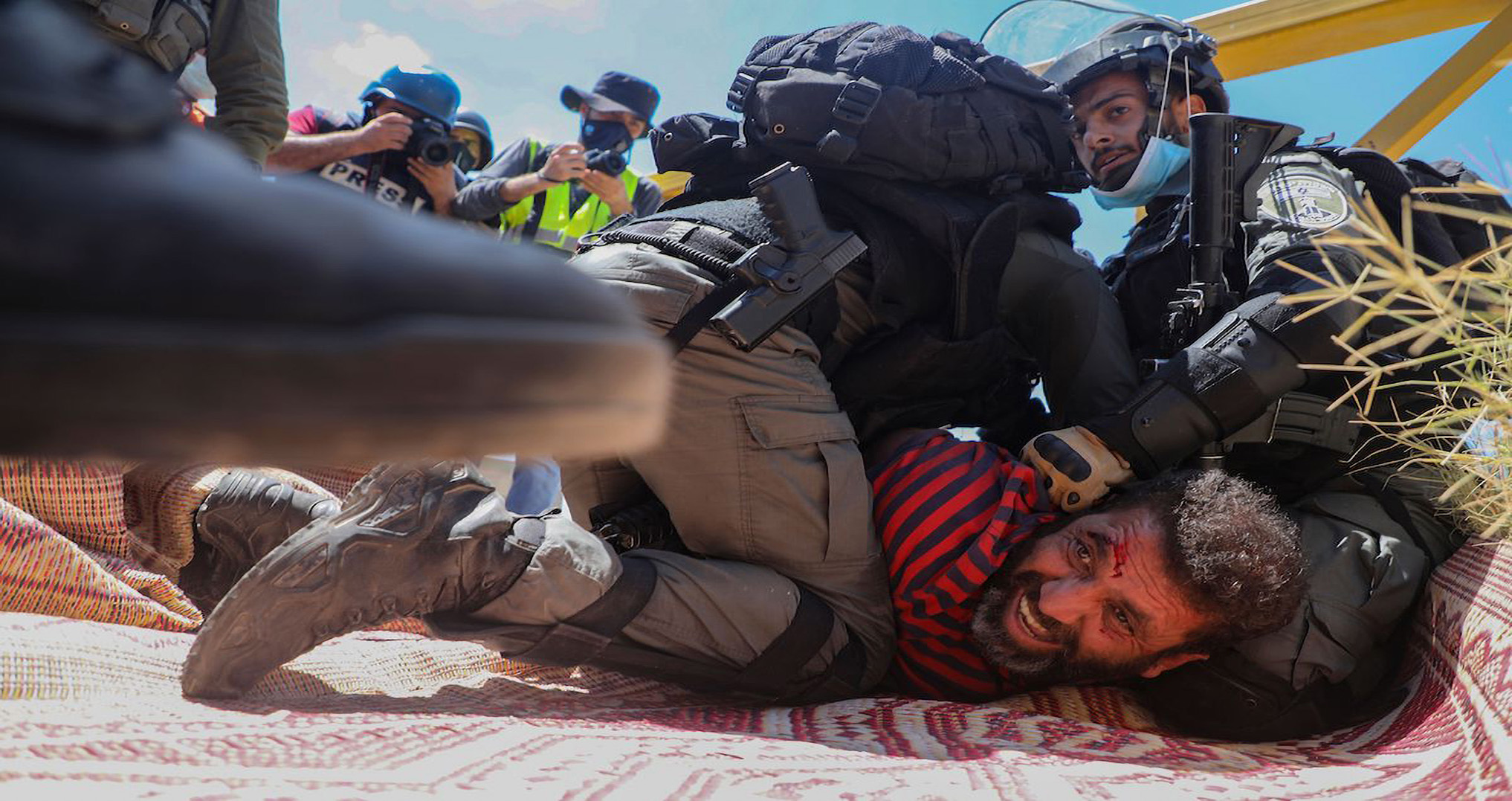Israel’s peace with UAE and Bahrain

Shutterstock, 2020
Israel's peace deals with the UAE and Bahrain
Last month, in an unexpected move, both the UAE and Bahrain signed peace deals with Israel, which has been occupying the Palestinian lands since 1967 (UN, 2020). However, most Arab countries are still adopting the Arab Peace Initiative (API) that was offered in 2002 by the former King Abdullah of Saudi Arabia. The initiative offers peace in return for Israeli withdrawal from the Palestinian lands (Pedoh, 2014). The recent Arab peace deals with Israel demonstrate that the API is no longer fit to be used as a criterion for resolving the Palestinian cause.
The UAE declared that Israel will suspend its imminent annexing to wide lands of the western bank in return for the peace deal (Al-Mughrabi & Williams, 2020). However, Israel has agreed to delay the annexation of 30% of the western bank, upon request by the USA, until the deal comes into force (Khoudary, 2020). The delay will likely help the UAE and Bahrain avoid popular anger to be directed against both countries’ interests in wide parts of the world.
All parties had multiple reasons to agree to normalization of relations
Taking into consideration the new developments in the Middle East, e.g., the rising Iranian role in Syria (Gardner, 2019) and the Turkish aggressive foreign policy towards the UAE (Occhiuto & Cafiero, 2020), both the UAE and Bahrain wanted more reliable allies to assist in confronting their security threats. As Israel is known for being in animosity with Iran, the three parties thought of formal coordination as an appropriate method to confront their common enemy (Esfandiari, 2020).
Besides that, the rising role of the UAE in Middle East politics needs more advanced weapons to be sustained. For that, the UAE thought of Israel as a suitable broker that can convince the USA to sell one of its most advanced weapons, which is F-35 jets, to the UAE. On October 23, Israel declared that it will not stand against the UAE’s attempts to purchase F-35 (Al-Jazeera, 2020). The new Israeli attitude is a mere reversal on its former policies, which aimed to prevent any Arab country from being in possession of F-53 jets (Gross, 2020).
Moreover, both the UAE and Bahrain feel threatened by the military base that Turkey established in Qatar in 2017, and they needed military support to uphold their military defenses from any potential attack in the gulf water (Reuters, 2020a). Most importantly, normalization of relations with Israel allows the UAE and Bahrain to import Israeli technology for the sake of spying on political dissentients in the region (Press TV, 2018).
Are the deals sustainable and will they bode well for civilians?
The sustainability of the deal is beyond doubtful. Both the UAE and Bahrain are being ruled by authoritative regimes, which decline the possibility of seeing any local objection to the deals, as the foreign policies of those countries are only determined by the ruling elites. One must wonder about the impact of the deals on ending the long-lasted war between Israel and the Palestinians. Simply, that war will not be ended without concluding a deal between Israel and the PA. However, those deals might prompt the PA to offer concessions in any future negotiation with Israel. Instead of easing the blockade on Gaza strip, it is expected that Israel will tighten its grip on Gaza, as both the UAE and Bahrain are well known for their animosities to the political Islam organizations, which Hamas is a part of. Even in the Western Bank, Israel is getting more aggressive knowing that the PA is no longer getting the same support it used to get from Arabs, e.g., last month, Israel arrested 22 Palestinians, including 12 women, in the western bank over allegation of taking part in events meant to resist the settlers (Middle East Monitor, 2020).

Article by
Ahmed Sami Abdelfattah Abouyoussef

Categories
Asia, Bahrain, Categories, Conflict Resolution, Countries, Israel, News, United Arab Emirates


